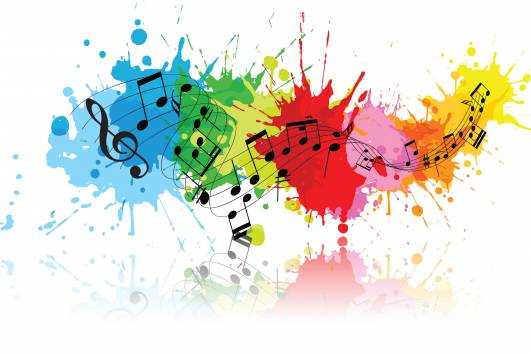1.Getting on the mood of different emotions. Sadness, happiness, fear, anger ect . . . (listener view)
2.To describe moments, just like what happens in the movies, a fearful moment describes with a frighting tone to trick the emotion. Or a very moving song during an action. Or a romantic song for a romance scene. (creator view)
3.Releasing our emotions, anger, sadness, confusion, energy of happiness and cheers ect . . (sometimes getting on the mood and releasing are two different major)
4.Creating memories and catching moments. You can listen to a music and brings you to your childhood. Maybe grands house or someone you used to love or a place you used to go properly.
5.To tell stories. Music is a way of speaking out different subjects, to share ideas with everyone and send different messages to the rest of the world or group of people.
6.To find inner happiness. To some music is the most effective element to make them happy and peaceful.
7.To heal the psychological wounds. Music can be the best painkiller to those can connect with it very well.
8.Expressing ourselves. Whether to write a music ourselves or recommend a music to others. The music we listen to is like the cloths we wear. It can speak a lot about who we are and how we are. Also certain tones of music and lyrics can define how we really feeling at the moment when we can't speak out by words alone
9.To inspire, music and lyrics can inspire people in different levels. To motivate, to play a decisive moment in people's lives. Make them survive out of different situation or help people to understand different subjects, to see things differently or help people to feel other type of emotions.
10. Plato says: "Music gives a soul to the universe, wings to the mind, flight to the imagination and life to everything"
